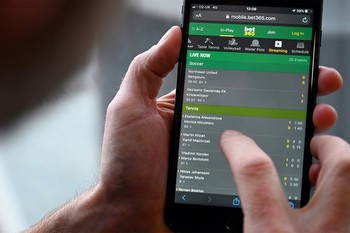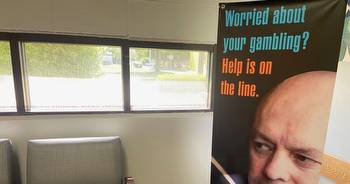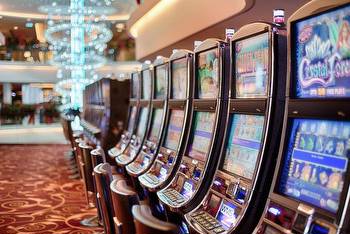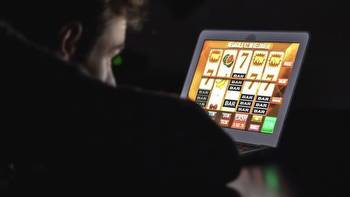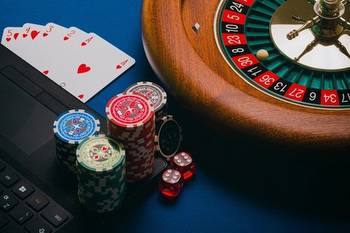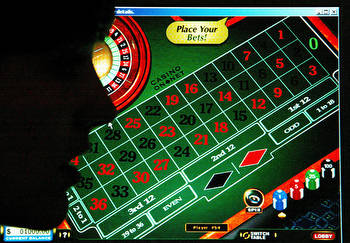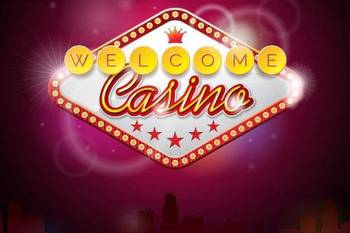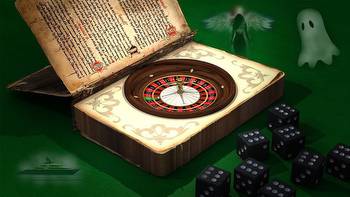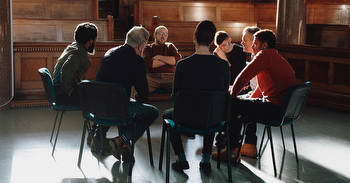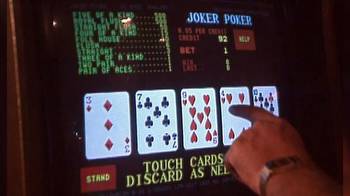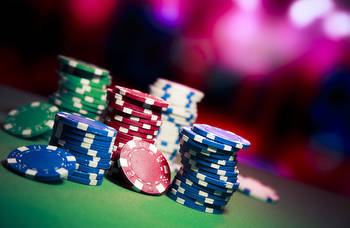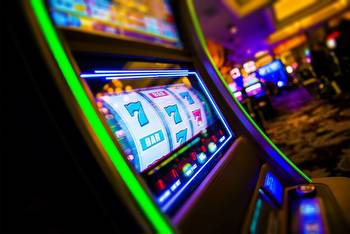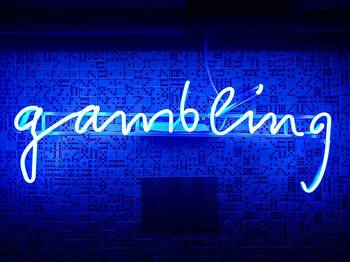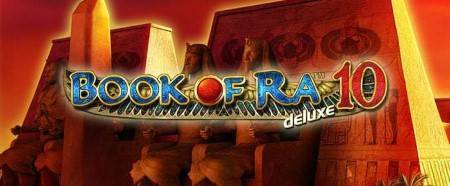Slots highly addictive, gambling experts say

"We have slots addicts here all the time who have lost their entire businesses ... slots addicts who have stolen hundreds of thousands of dollars to feed their addictions," said Lorenz, who heads the nonprofit Compulsive Gambling Center Inc. in Baltimore.
Those numbers are certain to swell if Maryland brings in casino-style gambling, Lorenz said, adding that the state needs to be prepared to set aside at least $2 million to $3 million a year to treat problem gamblers.
A legislative panel that is studying slots and collecting information on some of the social costs of casino-style gambling is to visit Lorenz's residential treatment center today.
While experts say that compulsive gamblers are a small percentage of the population, believed to be less than 2 percent, they can leave a wide path of destruction: embezzling from employers, stealing from family members or plunging into bankruptcy.
The type of electronic slot machine gambling Maryland legislators are considering is the most rapidly addicting form of gambling, according to a recently updated research study done in Rhode Island.
The study focused on people seeking treatment for gambling disorders and found that those playing slots moved from social to pathological gambling in an average of 15 months -- four times as fast as those who developed a problem betting on horse or dog racing.
"It's much more rapidly addicting," said Rhode Island Gambling Treatment Program Director Robert Breen, the study's author.
He said 70 percent to 75 percent of Rhode Island's treatment center patients are addicted to slots and had lost an average of $75,000 to $80,000.
Breen said slots allow bets every five seconds compared to the slower process of betting on a horse race or calling a bookie to bet on a football game that can last three hours.
Arnie Wexler, a recovering gambling addict from New Jersey known nationally for his consulting work on the treatment of compulsive gambling, agreed video slots are particularly addictive.
"They're quick," Wexler said. "The quicker the action, the quicker a compulsive gambler will get hooked. They're addictive."
Lorenz said slots can be an escape from reality for some people, as drugs are an escape for others.
"They disassociate," she said of players who get hooked on slots. "They don't have to think about their reality, the pressures and pains in life they can't cope with. Temporarily, they are in another world. It's just like a drug addict who is stoned."
Breen, who is a clinical psychologist, said certain features appear to increase the addictive nature of the machines.
"You put in paper money and you get electronic credits, which makes it seem like it's not real money," he said.
In addition, Breen said, modern-day electronic slot machines are controlled by computer chips that are programmed to trick people into falsely believing they are close to winning a jackpot. This keeps players "glued to the screen," and reaching for more cash to feed into the machines, he said.
Christine Reilly, executive director of the Institute for Research on Pathological Gambling and Related Disorders, said it is misleading to say that slot machines are more addictive than other forms of gambling.
"I think the jury is still out," she said.
The institute, based in the division of addictions at Harvard University Medical School, is largely funded by money from the gambling industry.
Reilly said Breen's study focused on people seeking treatment and that most people who have a problem with gambling don't seek such help because of the stigma attached to it.
"Things are not addictive," she said. "It's the relationship that a person brings to gambling and the environment in which they are doing it. We need to find out what their vulnerabilities are. It could be depression, or bipolar disorder."
Breen said he agrees that depressed people are more likely to become addicted but added that "all other things being equal, [slots] are going to addict them more quickly" than other forms of gambling.
He said he sees many patients in their 50s, professionals with families, who tell him they had dabbled with gambling during the course of their lives by buying lottery tickets or placing bets on sporting events.
"They never had a problem," Breen said. "Along come [slots] and 'boom.' ... Within a year, they say, 'I've lost everything or caused a lot of damage to myself and my family.' That's what really caused me to do the study in the first place, the reports of my patients."
Lorenz said it is reports from people whose lives have been turned upside by gambling that Maryland lawmakers most need to hear as they consider allowing slot machines.
"What do you say to an 8-year-old child whose father is going to jail because he's stolen money to gamble?" she asked. "What do you say to the family of the police officer who is in jail for the same reason?"








